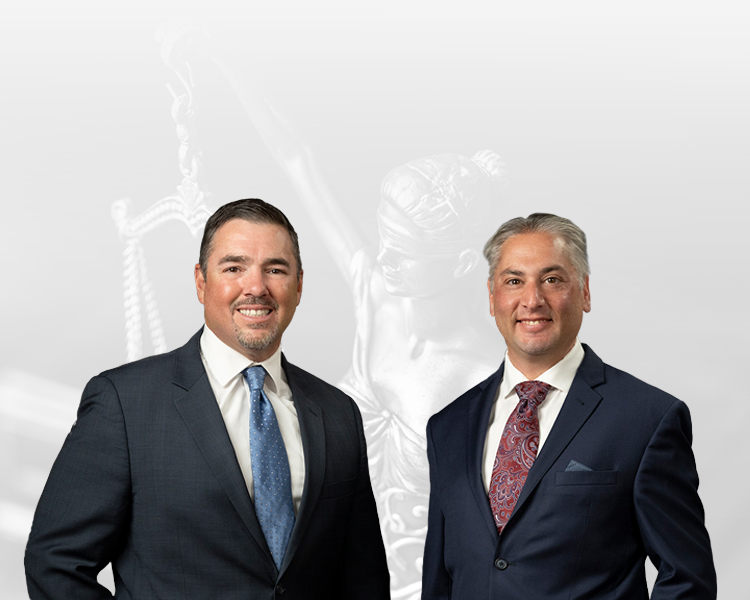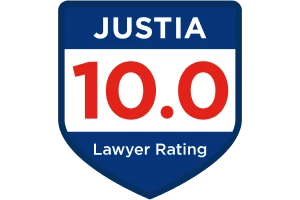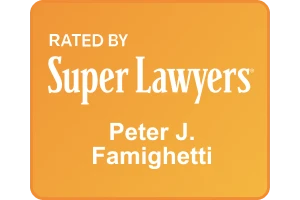- Free Consultation: (631) 352-0050 Tap Here to Call Us
Second Circuit Overturns Prior FLSA Retaliation Decision


Federal discrimination law is well settled that individuals who complain about discrimination, whether orally or in writing and whether internally or to an administrative agency or court, are protected by the anti-retaliation provisions of the those laws.
At least in New York, the law was less certain about whether employees who complain orally and internally about improper wage payments were protected by the Fair Labor Standards Act’s (the “FLSA”) anti-retaliation provision. Indeed, in 2011, the highest Federal Appellate Court in New York, the Second Circuit, ruled that employees are protected under the FLSA’s retaliation provision only when (1) the complaint is written and (2) when it is filed with a government agency. On April 20, 2015, the Second Circuit reversed itself in Greathouse v. JHS Security, Inc., and held that employees who complain orally and internally are also protected.
Generally, speaking, the FLSA requires, among other things, that employers pay employees minimum wage and, when working more than 40 hours in a week, that employers pay overtime. Like the Federal anti-discrimination statutes, the FLSA contains an anti-retaliation provision which prohibits employers from retaliating against employees who file complaints related to the FLSA’s protections. In most jurisdictions in the United States, the Federal Appellate Courts interpreted the anti-retaliation provision like the discrimination statutes’ anti-retaliation sections, meaning that employees were covered by complaining orally to someone inside the company.
In 1993, in Lambert v. Genessee Hosp., however, the Second Circuit Court of Appeals held that employees who complain about FLSA violations are only protected from retaliation if the complaint is made in writing and filed with a Court or administrative agency. This ruling deviated from almost every other Federal Appellate Court and from New York State law.
After Lambert, in 2011, the U.S. Supreme Court issued a decision in Kasten v. Stain-Gobain Performance Plasitics Corps. In Kasten, the Supreme Court held that oral and written complaints invoke the retaliation protections of the FLSA, but Kasten did not address internal complaints. Accordingly, Federal District Courts in New York, relying on Lambert, continued to rule that internal complaints did not trigger the retaliation provision.
In Greathouse, the Second Circuit revisited the issue of whether employees who make internal oral complaints of FLSA violations are protected from retaliation. The Court analyzed Kasten and determined that the decision implicitly held that internal complaints qualify. The Court next looked “anew” at the language of the statute and its remedial nature and determined that the language supports the conclusion that oral internal complaints should be covered. The Court further relied on the interpretations from its sister Courts and from administrative agencies which held that internal oral complaints should be covered. Based on this analysis, the Court overruled Lambert and held employees’ internal and oral complaints of FLSA violations are protected activities under the anti-retaliation provisions.
If you are an employee who has not received minimum wages or overtime, or has otherwise not been paid properly by your employer and/or if you have complained about those violations and been retaliated against, the employment lawyers at Famighetti & Weinick, PLLC may be able to help. Call 631-352-0050 or visit the firm’s website at www.linycemploymentlaw.com. Also, if you are an employer or an employee and have questions about the Greathouse decision or the FLSA, please call us.











